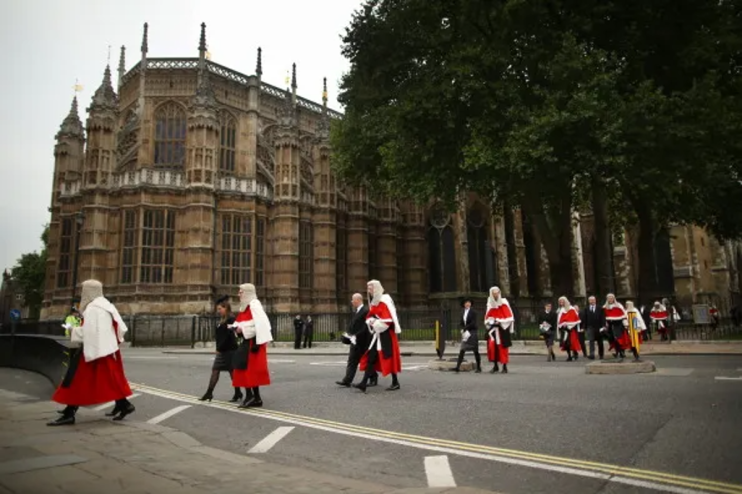How the Human Rights Act makes Britain harder to govern

The Human Rights Act undermines Britain’s parliamentary democracy and common law tradition by placing the protection of human rights onto an unstable, frequently unknowable basis, says Yuan Yi Zhu
In 1999, to protect victims of sexual assault from degrading treatment, parliament enacted legislation to protect complainants in sexual assault cases from being cross-examined in court about their previous sexual history, subject to extremely narrow exceptions.
A mere two years later, the law lords, then Britain’s most senior judges, in effect reversed parliament’s considered decision and restored the status quo, allowing complainants once again to be questioned by lawyers about the most intimate details of their lives.
They did this by reading the law parliament had enacted, not as it was intended to be read, but by reasoning that the obviously intended meaning was incompatible with the European Convention on Human Rights (ECHR).
25 problematic cases decided under the Human Rights Act
This is but one of the 25 problematic cases decided under the Human Rights Act 1998 identified by three distinguished lawyers in a new paper published by Policy Exchange and supported by Lord Howard KC, the former Leader of the Opposition, and other leading jurists.
Everyone is, of course, in favour of human rights. But the Human Rights Act (HRA) has transformed Britain’s parliamentary democracy and common law tradition by placing the protection of human rights onto an unstable, frequently unknowable basis.
Under the Human Rights Act, judges are empowered to second-guess decisions made by Britain’s elected lawmakers and to distort the plain meaning of the words they enacted into law, thus giving the courts a role for which they are both unsuited and lack democratic legitimacy.
Worse still, because of the European Court of Human Rights’s insistence that the ECHR is a “living instrument”, no one can be certain, at any given point in time, of what the law requires, thus creating considerable confusion and encouraging the use of courts by activists to revisit settled policy questions.
The 25 problematic cases cover a wide gamut of policy issues. In one case, the court found that it was unlawful for the police to enter the property of a convicted paedophile to review his internet use.
In one case, the court found that it was unlawful for the police to enter the property of a convicted paedophile to review his internet use
In another case, the court required the government to give a student loan to a foreign student, even though parliament had decided that public resources would not be best served by financing the studies of foreign nationals.
In a third case, the Supreme Court made it hard even to arrest “protestors” blocking public highways, let alone convict them, thus encouraging the chaos witnessed daily in British cities.
The cumulative effect is to make it harder to govern Britain. Ministers and law-makers find themselves constantly second-guessing the courts’ reaction to legislation they wish to enact or policy that they intend to pursue. Activists use the courts to bypass the normal political process to get policies imposed by fiat or struck down.
Undermining democracy
Meanwhile, the public wonders why voting seems to make less and less of a difference, as politicians are increasingly unable to enact the policies which the electorate have voted for.
The HRA’s defenders will point to the fact that, in theory, parliament can simply ignore the courts and keep legislation that they find incompatible with the HRA on the books. But this is no answer, partly because the courts have the power, in most cases, to “read in” and “read out” words from statutes to give them a different meaning.
Moreover, intense pressure is often brought to bear on parliament to change the law if courts issue a “declaration of incompatibility”. Politicians, who do not want to be accused – groundlessly – of violating the rule of law are thus often pressured to capitulate.
Far from promoting human rights in the United Kingdom, the HRA has done serious harm to human rights, democracy and good government in this country. More than a quarter century on, it is past time to re-examine the issue.
Yuan Yi Zhu is a senior fellow at Policy Exchange and assistant professor of international relations and international law at Leiden University’s Institute of Political Science